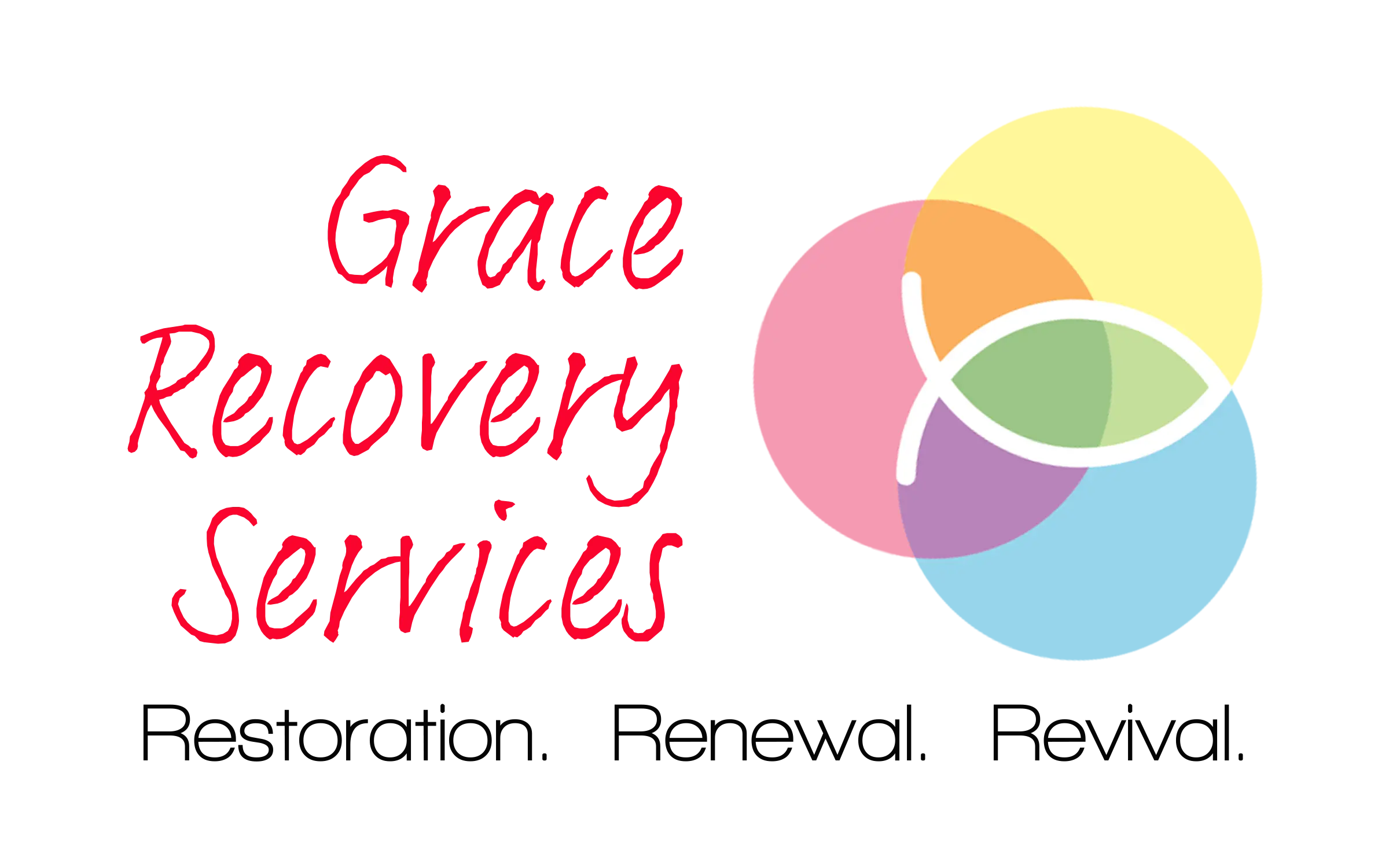A Relapse Prevention Plan serves as a personalized tool in your recovery journey. A Customized Outpatient Recovery approach, such as an Intensive Outpatient Program (IOP), can provide structured support that suits your unique needs. Here’s how to create an effective relapse plan.
A relapse plan
a customized roadmap that helps individuals navigate challenges and maintain sobriety. How to create one:
- Identify Triggers: Recognizing Signs You Need Addiction Support can be a first step. Knowing the situations, emotions, or environments that cause cravings—like stress, loneliness, or specific social situations—helps you prepare. Understanding Substance Abuse and Coping with Triggers through Mental Health Services in Outpatient Programs provides a foundation for managing these challenges.
- Set Clear Goals for Sobriety: Setting short- and long-term goals is crucial. Break down larger ambitions into manageable steps, such as attending regular Outpatient Therapy for Mental Health sessions or support group meetings. Setting Goals for Sobriety gives you a clear path to follow and maintain focus.
- Learn Healthy Coping Mechanisms: Embrace Healthy Habits for Sobriety like exercise, meditation, journaling, and hobbies that uplift your mood. Developing Self-Care in Recovery allows you to cope with stress and anxiety in positive ways. Techniques such as Coping with Triggers and Managing Anxiety in Recovery are foundational to sustained sobriety.
- Prepare for High-Risk Situations: High-risk situations are inevitable, so having a plan is crucial. Techniques such as stepping away from triggering environments, having a friend on call, or practicing Daily Practices for Recovery like mindfulness can make a difference. Programs like IOP for Substance Abuse offer strategies to handle such scenarios effectively.
- Adjust as You Go: Regularly review your plan to adapt to changes in your life. Mental Health During Recovery evolves, so a flexible approach keeps your plan relevant to your needs.
As your life changes, you will need to adjust. Re-evaluate your relapse plan regularly and make adjustments to suit your current situation.

Common Relapse Triggers and How to Avoid Them
Triggers can range from specific emotions to environments associated with substance use. Recognizing and avoiding them is key to Long Term Treatment success. Here’s how to handle some common triggers:
-
- Emotional Stress: Feelings like stress, anxiety, anger, and sadness can lead to cravings. Establish Holistic Healing in Recovery practices like deep breathing or creative outlets to manage these emotions.
- Social Pressure: Being around individuals who drink or use substances can create a risky environment. Setting boundaries and engaging in Outpatient Addiction Treatment helps you avoid these situations.
- Environmental Cues: Certain places may be associated with past substance use. Shifting to new environments that align with Mental Health and Recovery can help break these associations.
- Overconfidence: Overconfidence in one’s ability to avoid relapse can lead to risky decisions. Remember that recovery is a long-term journey, and Outpatient Therapy for Mental Health can help maintain humility and vigilance.

The Importance of Support Groups in Relapse Prevention
Support Groups play a vital role in Addiction Recovery Tips. They provide a safe, encouraging environment where you can share experiences, find accountability, and learn from others. Well-known groups such as Alcoholics Anonymous and SMART Recovery offer in-person and online meetings to fit various schedules.

-
- Shared Experiences: Mental Health and Addiction Outpatient Programs often include group settings where you can learn from others’ stories and get support. Recovery Success Stories provide motivation and reassurance.
- Accountability: Group members encourage each other’s progress and hold each other accountable. Attending meetings regularly keeps you focused on Steps to Overcome Addiction.
- Learning New Strategies: Many support groups feature speakers or counselors who provide Addiction Recovery Tips and tools to manage cravings. Learning from others can add to your relapse prevention toolkit.

